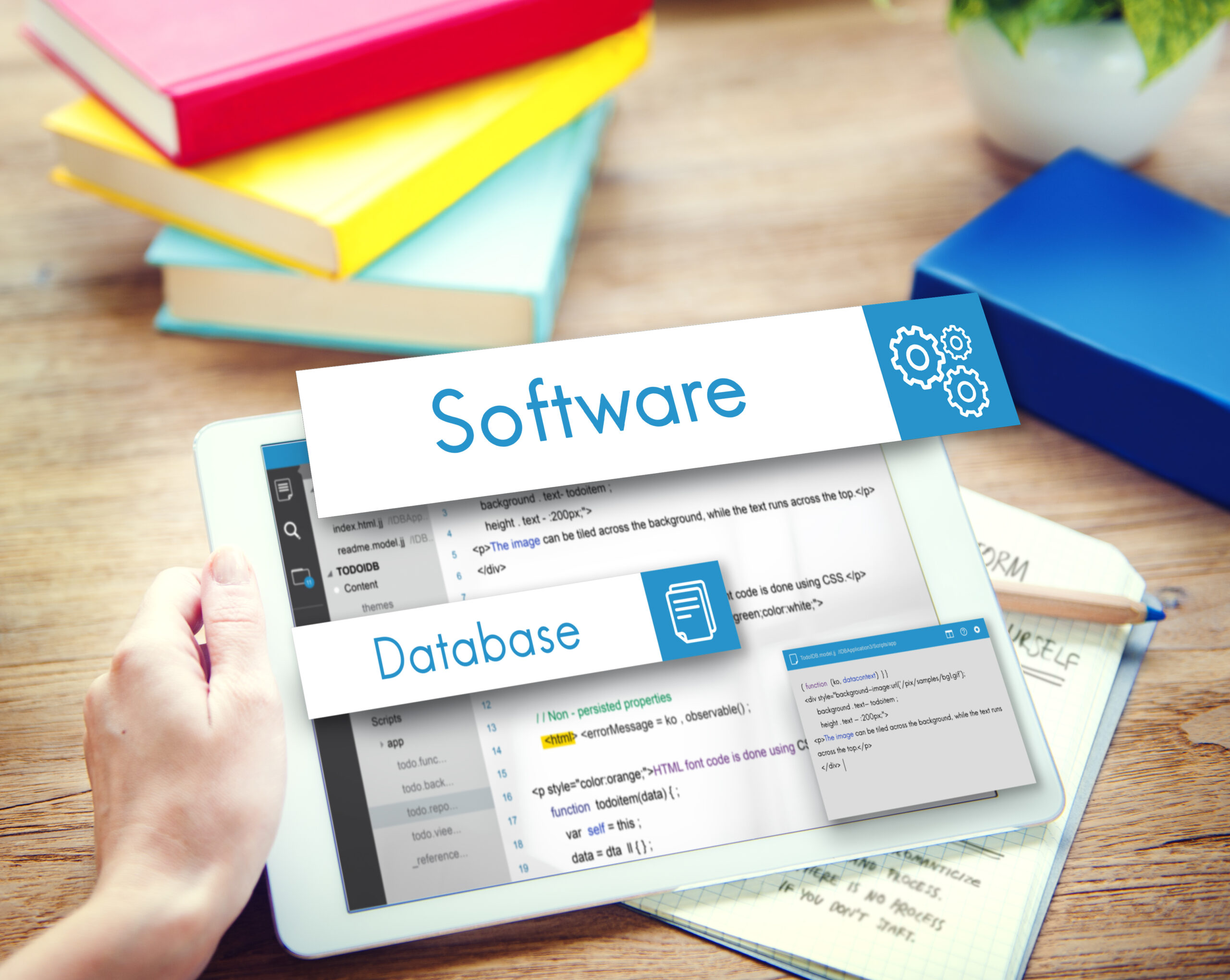Every website has untapped potential, waiting to be unleashed. With the right tools, you can turn a simple online presence into a dynamic, high-performing platform. In this guide, we’ll explore how the right software can elevate your website, improve user experience, and drive more traffic. Let’s dive into the essentials of choosing the best tools to maximize your website’s impact.
Understanding Website Potential
Unlocking your website’s full potential isn’t just about aesthetics or speed; it’s about harnessing the right software to achieve your goals.
What Does “Website Potential” Mean?
Your website’s potential is its ability to achieve digital objectives, whether that’s gaining more traffic, improving engagement, or boosting conversions. Think of your site as a vehicle—you need the right parts (software) to make it run smoothly and get you to your destination.
Why Maximizing Your Website’s Potential Matters
A well-optimized website can lead to higher search rankings, better user engagement, and increased revenue. The competition is fierce, so utilizing the right software gives you an edge in a crowded market. If your website performs poorly, potential customers will go elsewhere.
Choosing the Right Software for Your Website
Selecting the right software is crucial. Different websites have different needs, and using the best tools ensures your site operates efficiently and effectively.
Content Management Systems (CMS): The Backbone of Your Site
A robust CMS allows you to manage your website’s content effortlessly. It’s the heart of your site, controlling everything from layout to blog posts.
WordPress, Joomla, and Drupal: A Comparison
- WordPress: Perfect for beginners, with a vast plugin library and user-friendly interface. Great for blogs and small business sites.
- Joomla: Offers more flexibility than WordPress, ideal for social networks or membership sites. Slightly steeper learning curve.
- Drupal: Highly customizable and secure, best for complex, large-scale sites. However, it requires technical knowledge.
Website Analytics Tools: Tracking Your Success
To understand your audience and improve, you need the right analytics tools. Tracking metrics like bounce rates, page views, and conversions is essential.
Google Analytics vs. Other Options
- Google Analytics: A powerful free tool that covers all the basics. Great for small businesses.
- Hotjar: A heatmap tool that helps visualize user behavior. Ideal for UX improvements.
- Matomo: An open-source alternative to Google Analytics with enhanced privacy.
SEO Tools: Driving Organic Traffic
Getting traffic to your site relies heavily on your SEO strategy. The right SEO tools can make a world of difference.
Ahrefs, SEMrush, and Moz: Which Is Best?
- Ahrefs: Excellent for backlink analysis and competitive research.
- SEMrush: Comprehensive suite for keyword research, site audits, and competitor insights.
- Moz: User-friendly with strong keyword research features and a reliable search ranking tracker.
Website Security Software: Keeping Your Site Safe
Security is a priority in today’s digital landscape. Protecting your site from malware, hackers, and data breaches is crucial.
SSL Certificates, Firewalls, and Anti-Malware
- SSL Certificates: Essential for securing data transfer and improving SEO.
- Firewalls: Tools like Sucuri Firewall add an extra layer of protection.
- Anti-Malware: Software like Wordfence scans for vulnerabilities and removes threats.
E-commerce Software for Online Stores
Running an online store requires specialized software to manage products, payments, and customer data.
Shopify, WooCommerce, and Magento
- Shopify: A complete e-commerce platform that’s easy to set up and manage. Great for all business sizes.
- WooCommerce: A WordPress plugin that adds e-commerce functionality. Ideal for small to medium businesses.
- Magento: Best for large businesses that need advanced customization. Requires more technical skills.
Communication and Live Chat Tools
A great customer experience often hinges on effective communication. Live chat tools can engage visitors and provide real-time support.
How Live Chat Enhances User Experience
Live chat software like Zendesk Chat and LiveChat improves customer satisfaction by answering questions instantly, reducing bounce rates, and boosting conversions.
Best Practices for Software Integration
Integrating new software requires strategy to ensure everything works seamlessly together.
Ensuring Compatibility Between Tools
Not all tools play well together. Research compatibility before integrating to avoid conflicts that could slow down your site or break functionality.
Avoiding Software Bloat: Keep It Simple
More isn’t always better. Stick to what you need and avoid excessive plugins that can bog down your website. Prioritize essential features over flashy add-ons.
Measuring Your Website’s Growth Over Time
Knowing how your website is performing is vital to making improvements. Use data-driven strategies to stay on track.
Setting Realistic Goals and Key Performance Indicators (KPIs)
Define clear goals such as higher traffic, better conversions, or improved page load times. Track KPIs to measure your success.
Regularly Updating and Optimizing Your Tools
Technology evolves quickly, and so should your software. Regular updates keep your site secure and optimized. Monitor your site’s performance and switch tools if needed.
Conclusion: Empowering Your Website with the Right Software
The right software makes all the difference. From CMS to security tools, integrating the best-fit options will help your website perform at its peak. Invest time in selecting software that aligns with your goals, and watch as your website reaches its full potential.
FAQs
1. What is the best CMS for beginners?
WordPress is widely recommended for beginners due to its ease of use and extensive plugin options.
2. How can I secure my website effectively?
Start by installing an SSL certificate, using a firewall, and regularly scanning for malware with reliable security tools.
3. Why is SEO software important?
SEO software helps identify opportunities for organic growth, tracks keyword rankings, and analyzes competitors.
4. What are KPIs in website management?
Key Performance Indicators (KPIs) are metrics that help you measure your website’s success against your goals.
5. Should I update my website software frequently?
Yes, regular updates ensure your tools are secure, efficient, and compatible with other software.
